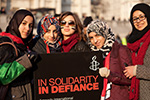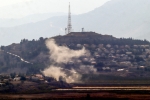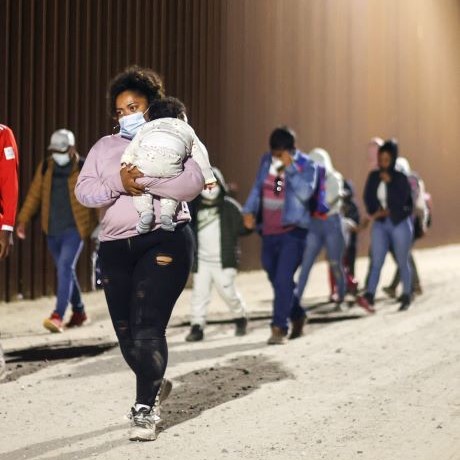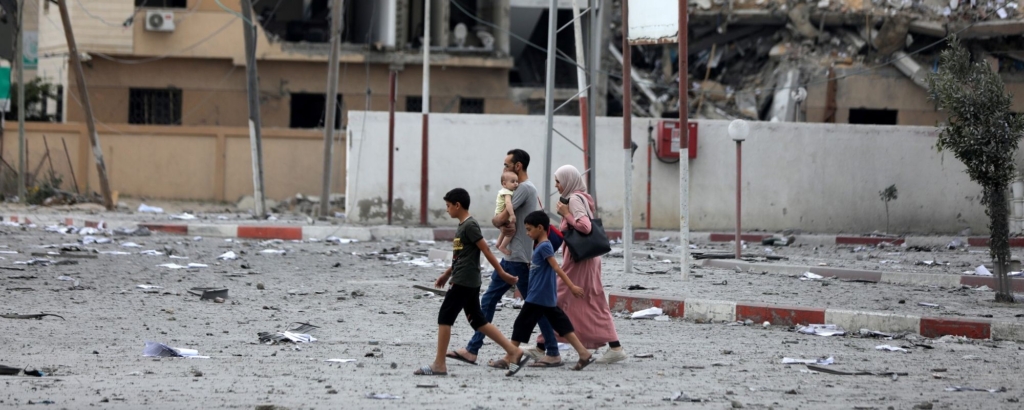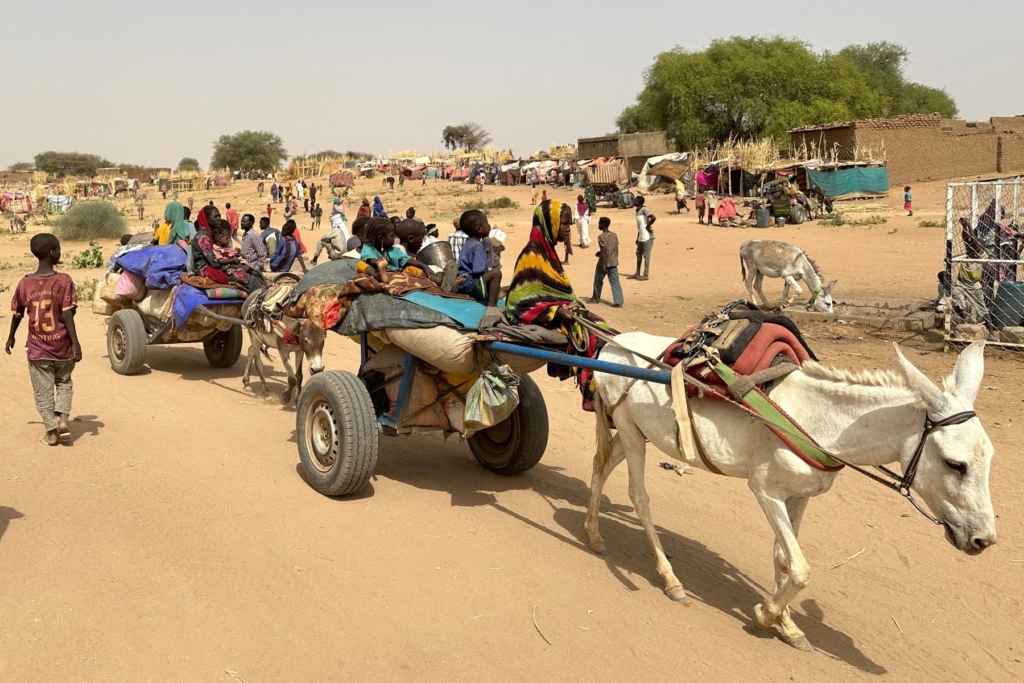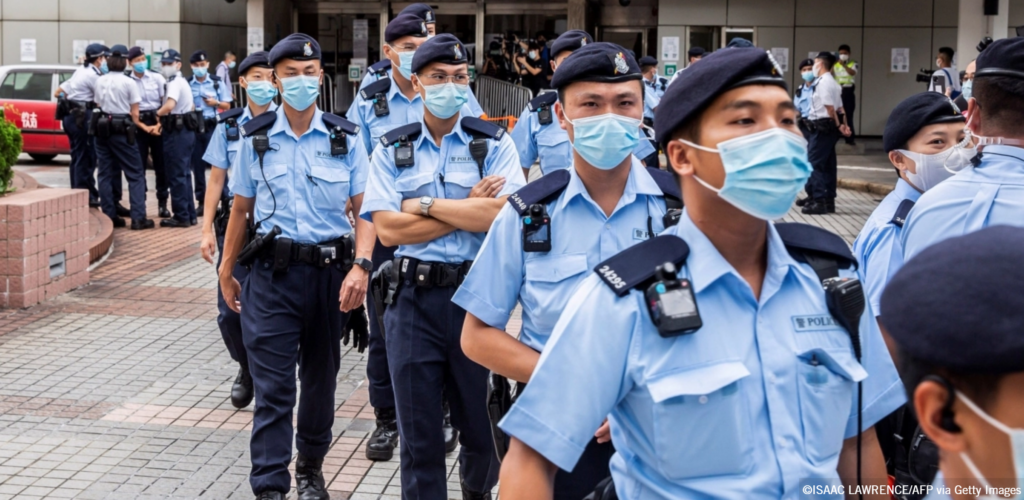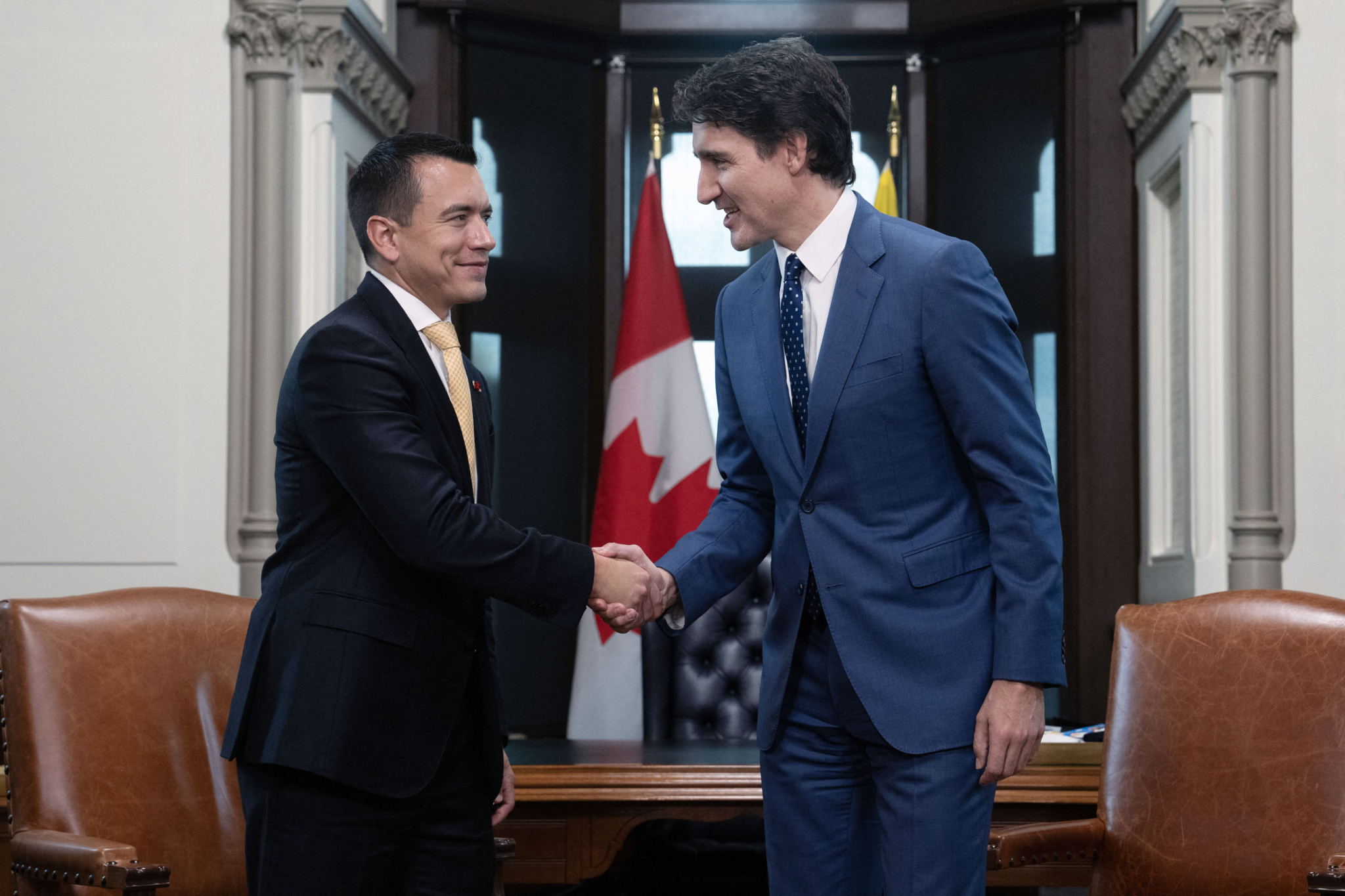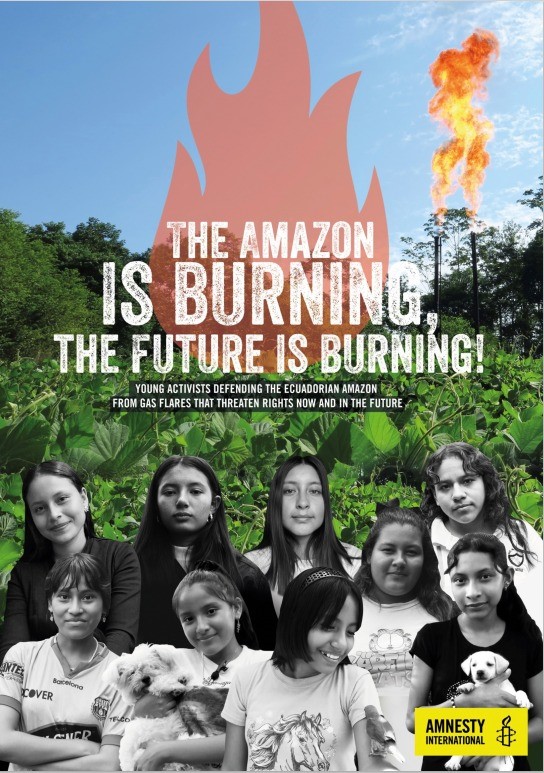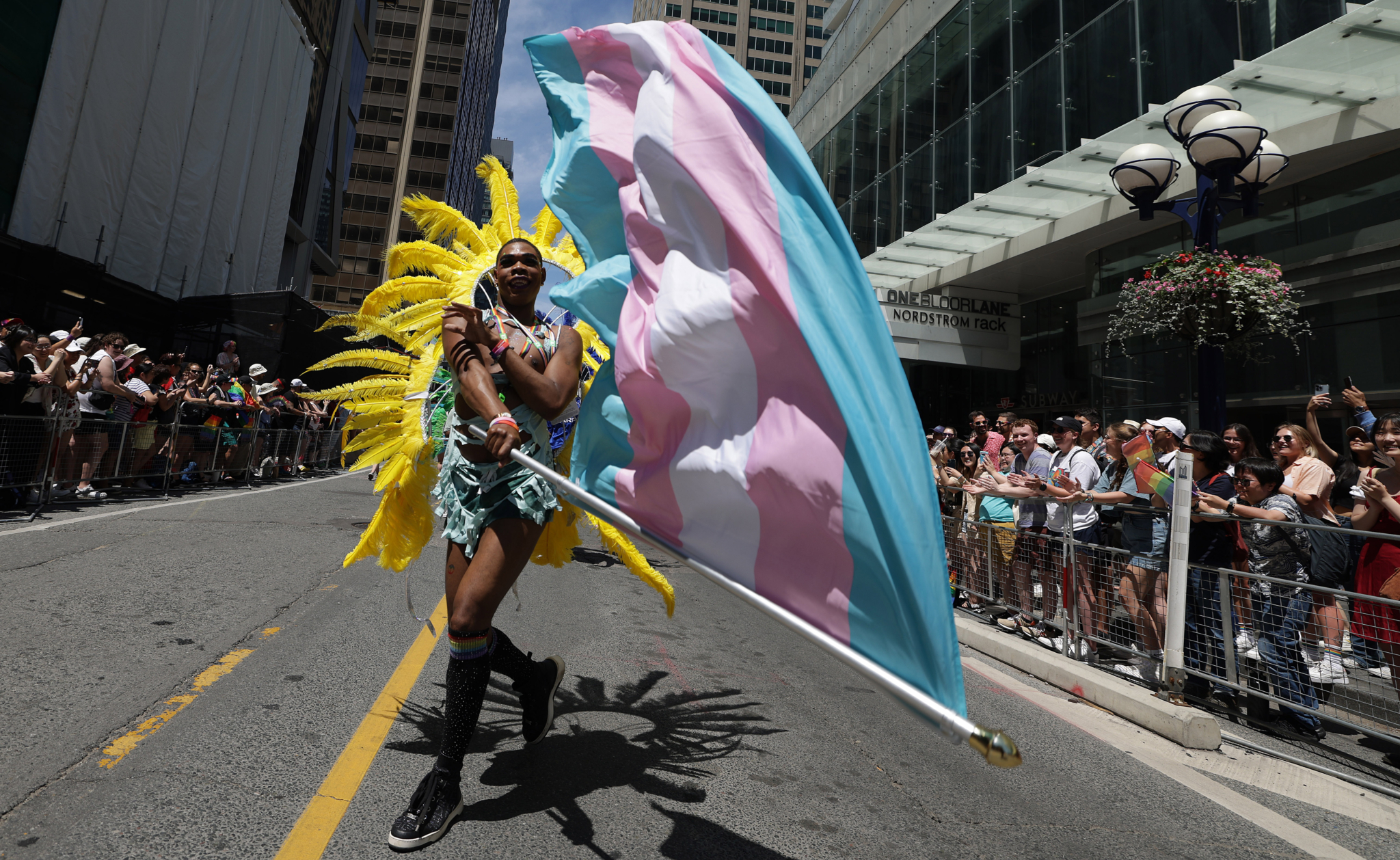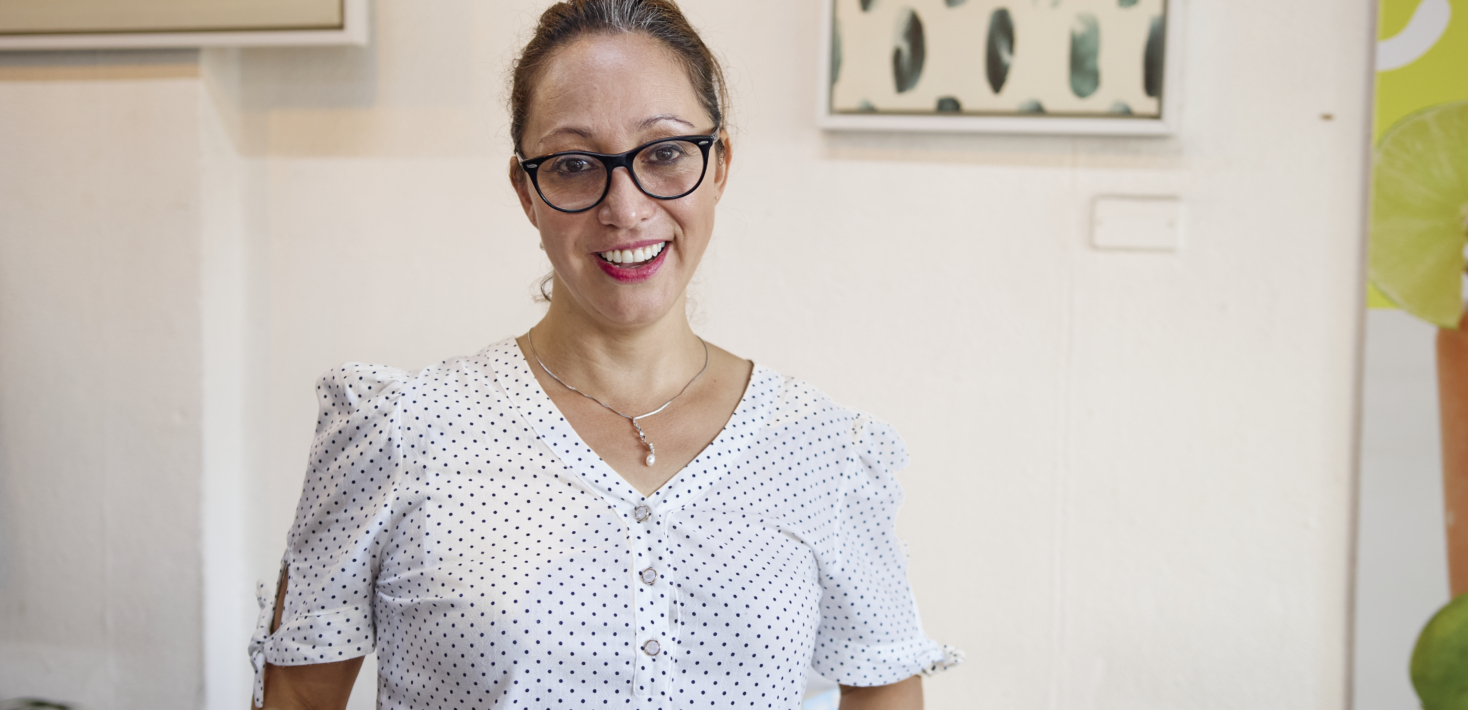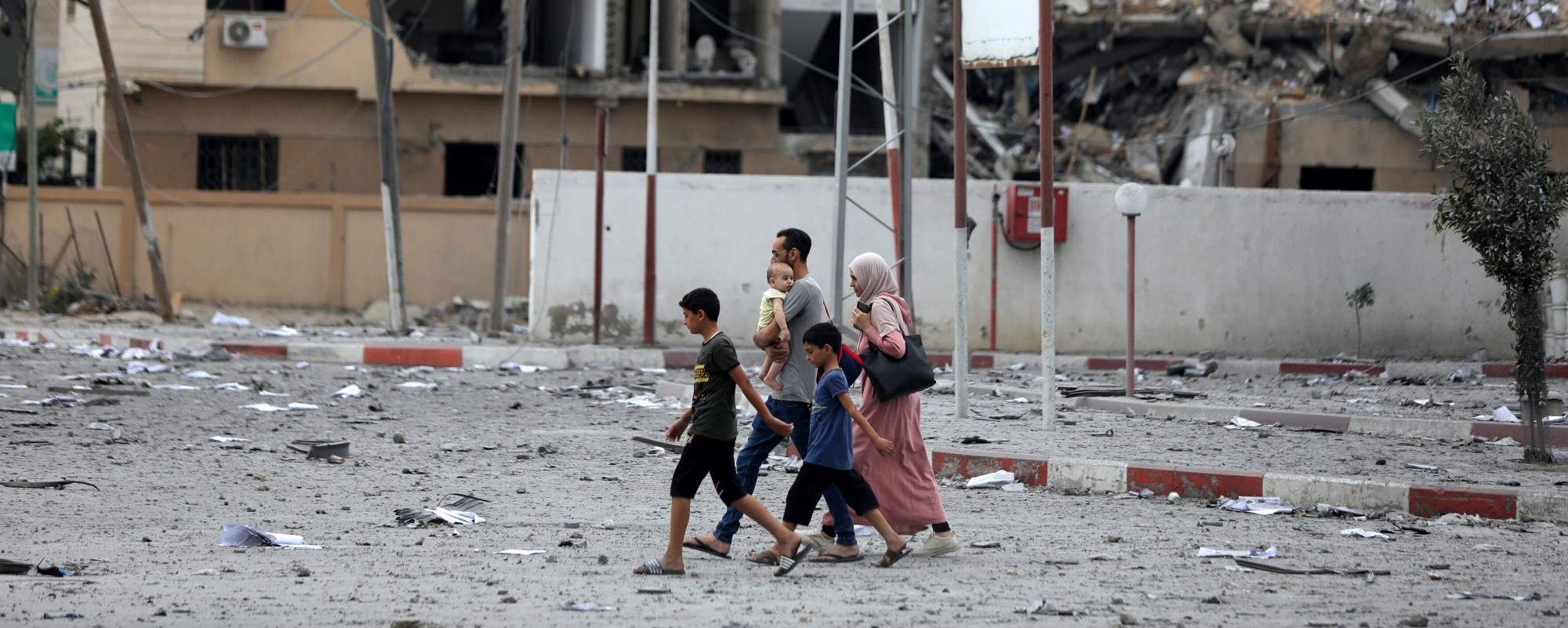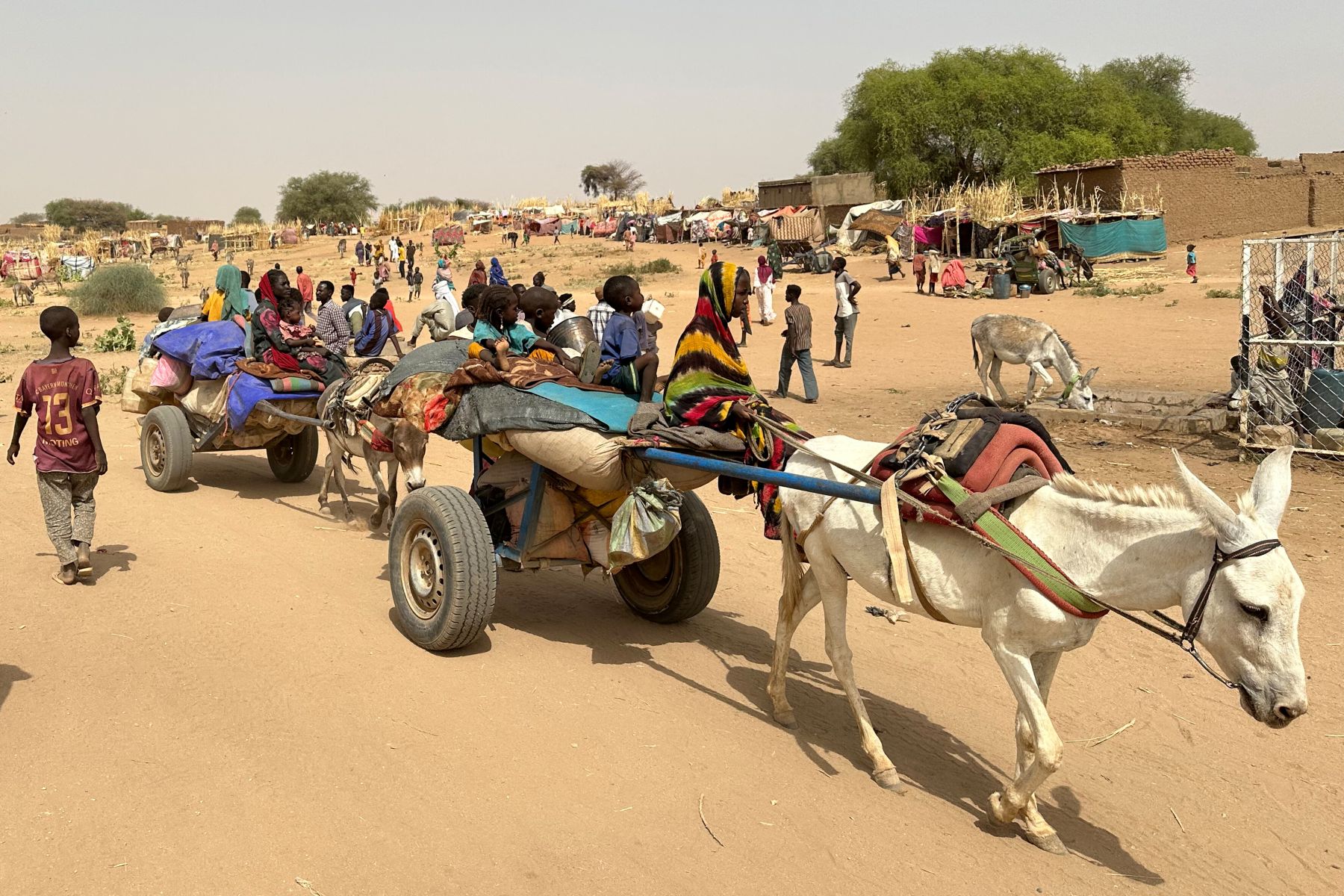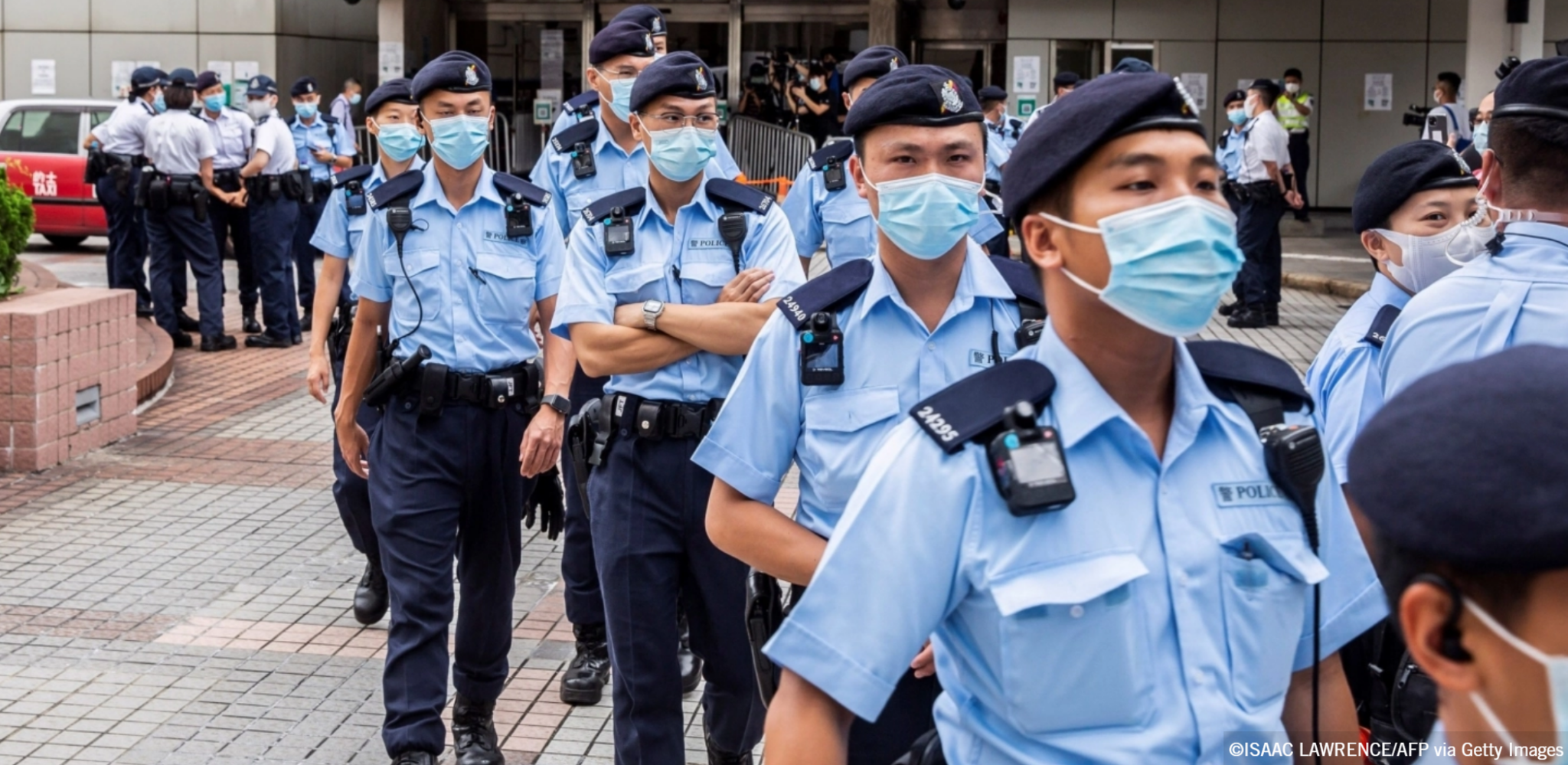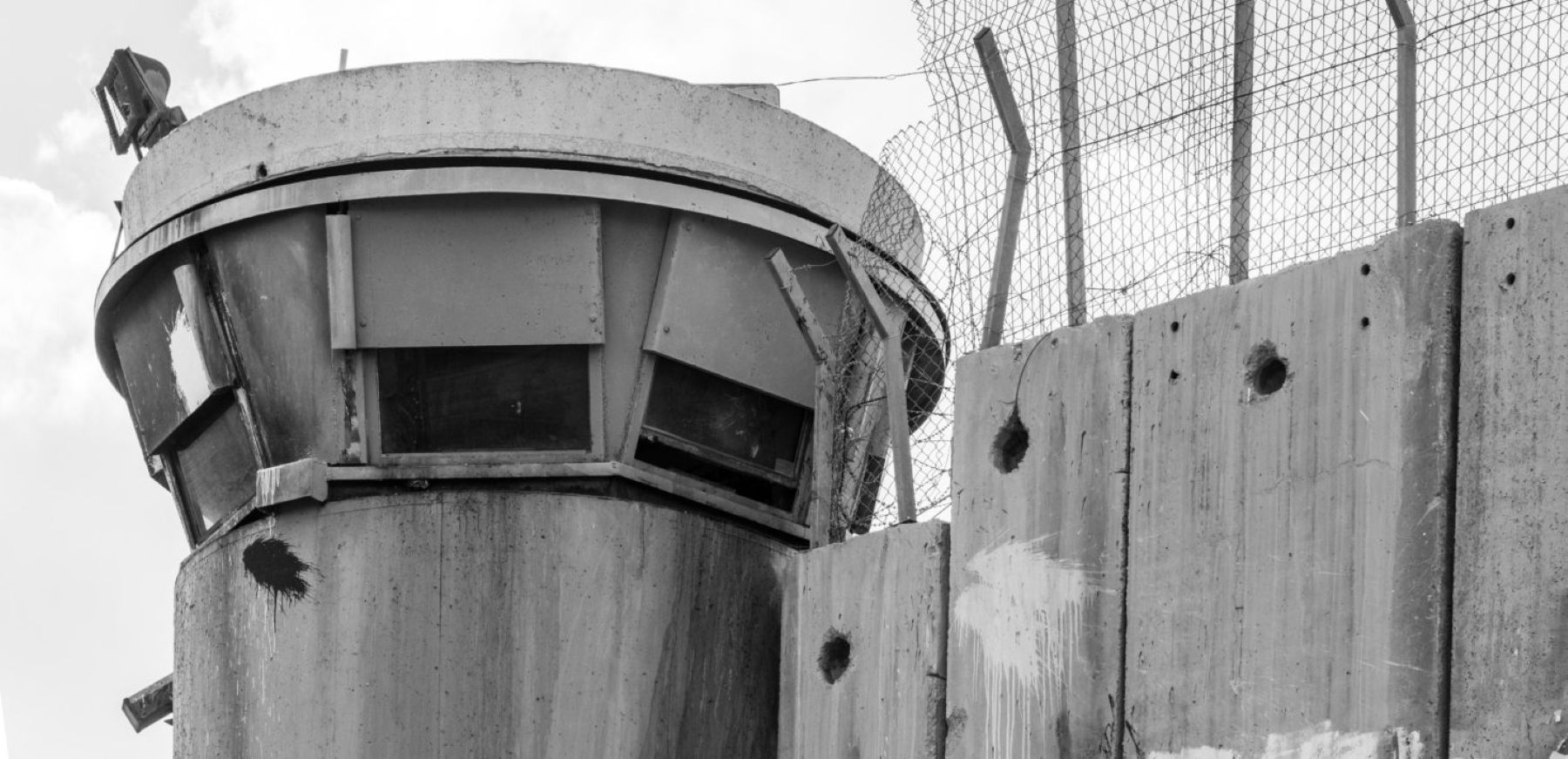By Alex Neve
Secretary General, Amnesty International Canada
Last week, two prominent and courageous women’s rights activists, Samar Badawi and Nassima al-Sada, were arrested in Saudi Arabia.
No one imagined that on top of the personal injustice for Samar and Nassima that their arrest was going to spark a major diplomatic stand-off between Canada and Saudi Arabia about human rights. And in doing so, put Saudi Arabia’s appalling human rights record in the international spotlight in ways that it rarely is.
Samar Badawi and Nassima al-Sada are, sadly, two more in a growing list of women human rights defenders arrested and jailed in Saudi Arabia over the past three months. That includes Loujain al-Hathloul, Iman al-Nafjan and Aziza al-Yousef, imprisoned since mid-May. Loujain has strong Canadian connections, as she is a graduate of the University of British Columbia.
None of this fits with Saudi Crown Prince Mohammed bin Salman’s global charm offensive in recent months, an attempt to convince the world that his country’s abysmal human rights record is softening. That has included overseeing the lifting of the sexist and archaic ban on women driving in the Kingdom.
But those words and gestures have been wholly undermined by an unrelenting crackdown against human rights defenders, particularly the tenacious women activists who have waged a long struggle for equality in Saudi Arabia. Even many of the very women who led the campaign against the driving ban that the Crown Prince has now overturned have, in the ultimate cruel irony, found themselves behind bars.
Samar Badawi, sister of blogger Raif Badawi, arrested last week
On top of her courageous activism, Samar Badawi has a connection to Canada through her brother, prisoner of conscience Raif Badawi. Raif is a prominent blogger and human rights defender, imprisoned in Saudi Arabia since his arrest in 2012, serving a ten year prison sentence and with 950 lashes to go in a 1,000 lash sentence that has been in suspension since 2015 following an international outcry. Raif Badawi’s wife Ensaf Haidar and their three children have resided in Quebec since 2014 and last month became Canadian citizens.
It’s time to urge Saudi Arabia to immediately release Raif Badawi.
The cruelty and hypocrisy of the continuing targeting of women activists rightly galls a Canadian government which has made women’s equality a key foreign policy priority. And the added element of a Badawi family connection and Samar’s arrest provided the opening and impetus to speak out. In today’s world of ‘twiplomacy’ that means turning to Twitter.
On August 2nd, Canadian Foreign Affairs Minister Chrystia Freeland tweeted personally about both Samar and Raif:
Very alarmed to learn that Samar Badawi, Raif Badawi’s sister, has been imprisoned in Saudi Arabia. Canada stands together with the Badawi family in this difficult time, and we continue to strongly call for the release of both Raif and Samar Badawi.
That was followed, the next day, by a more general tweet from Canada’s Global Affairs Department, again referencing Samar, and calling for all peaceful human rights activists to be released:
Canada is gravely concerned about additional arrests of civil society and women’s rights activists in #SaudiArabia, including Samar Badawi. We urge the Saudi authorities to immediately release them and all other peaceful #humanrights activists.
Aggressive and punitive response from Saudi Arabia to Canada
Two days later, an enraged Saudi government responded, unleashing a torrent of aggressive and punitive retaliatory measures that still deepen with each passing day. Ambassadors have been recalled and kicked out. New trade and investment is frozen. Saudi students are being pulled back from Canadian universities and colleges. And the list grows: flights, wheat sales and medical treatments all cancelled; with almost certainly more to follow.
All because the Saudi government considers those tweets to have been “overt and blatant interference in the internal affairs” of the country.
It is never easy to encourage governments to speak out and exert meaningful pressure on Saudi Arabia to improve its dismal human rights record. Given Saudi Arabia’s oil supplies, considerable wealth and geopolitical role and influence in various Middle Eastern conflicts and political struggles, foreign leaders are always reticent, in the extreme, to press for the prisoner releases and law reform that are so desperately needed to address the Kingdom’s decades of entrenched repression, inequality, torture and executions.
A perfect time to reflect on Canadian arms sales to Saudi Arabia
Now on top of that grim domestic reality, Saudi Arabia is one the key protagonists in Yemen’s devastating civil war, where Saudi-led coalition forces have been responsible for extensive war crimes and other grave human rights violations. Again, the international community’s preference has largely been to stay silent and not raise those uncomfortable concerns with the Saudis.
Canada’s own record has been far from perfect, perhaps best evidenced by the willingness of both the previous Harper and current Trudeau governments to go ahead with a lucrative deal to sell $15 billion of armoured vehicles to the Saudis, despite the very real risk they will be used to commit human rights violations and even war crimes in both Saudi Arabia and Yemen. Amnesty International and numerous other civil society groups in Canada have called for the sale to be scrapped.
Right now we have a chance to call on the international community for real human rights reforms
That is why those two tweets were so laudable. It is precisely the sort of principled human rights leadership we need to see more regularly when it comes to Saudi Arabia’s disgraceful record. And we therefore stand at an important crossroads.
To her considerable credit Minister Freeland is not backing down. But neither are the Saudis. Amnesty International is urging other governments to rally to Canada’s side and similarly call for prisoner releases, an end to the crackdown on women human rights defenders and concrete commitments to a genuine human rights reform agenda in the country. Needless to say, governments are not rushing to do so, once again demonstrating that fear of Saudi reprisals and desire for more Saudi business deals takes precedence over true commitment to human rights.
We will nevertheless maintain that pressure on other governments to speak out, and make them uncomfortable in their silence.
But we will certainly not be silent.
We will continue to call for Samar, Nassima, Loujain, Iman, Aziza and Raif to be released and for all imprisoned women human rights activists to be freed. And we will:
- Demand that the clampdown on human rights defenders ends
- Continue to expose Saudi Arabia’s harrowing record of executions
- Insist that Canada and all countries not sell weapons to Saudi Arabia that may be used in the conflict in Yemen
- Press for bad laws to be overturned and new laws implemented, so as to guarantee – at long last – human rights for all in Saudi Arabia.
This was not an overt and blatant interference in Saudi Arabia’s internal affairs. It was a 248 character defence of universal human rights. The world – and Saudi Arabia – needs more of that, not less.
– Alex
*Image. Clockwise from upper left: Loujain al-Hathloul, Samar Badawi, Aziza al-Yousef and Iman al-Nafjan.










